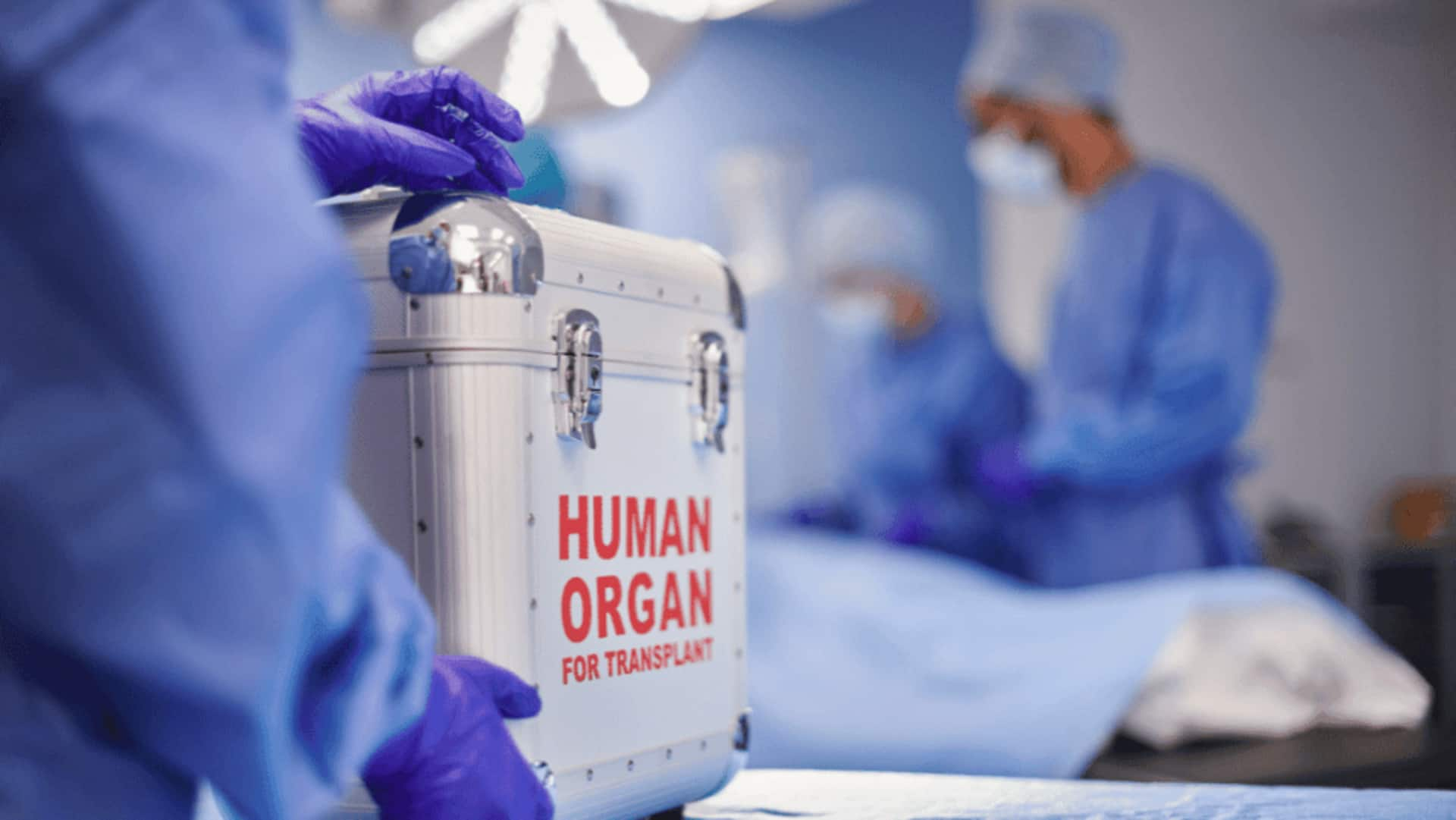
New AI tool can reduce organ transplant failures by 60%
What's the story
A team of doctors and researchers from Stanford University has developed an artificial intelligence (AI) tool that could revolutionize organ transplants. The innovative machine learning (ML) model predicts whether a donor is likely to die within the critical window for their organs to remain viable for transplantation. The breakthrough could cut wasted efforts in organ transplants by as much as 60%.
Performance
AI tool outperforms top surgeons
The newly developed AI tool has shown to be more accurate than the judgment of top surgeons. It reduces the rate of futile procurements, situations where transplant preparations are made but the donor dies too late, by a whopping 60%. "By identifying when an organ is likely to be useful before any preparations for surgery have started, this model could make the transplant process more efficient," said Dr. Kazunari Sasaki, a senior author on the study.
Training
It is trained on data from over 2,000 donors
The AI tool was trained on data from more than 2,000 donors across various US transplant centers. It uses neurological, respiratory, and circulatory data to predict a potential donor's progression to death with greater accuracy than previous models and human experts. The model achieved a 60% reduction in futile procurements compared with surgeons' predictions.
Impact
Potential impact on healthcare
The introduction of this AI tool could significantly reduce the number of times healthcare workers prepare organs for recovery, only to find them unsuitable later. This would ease financial and operational pressures on transplant centers. Hospitals currently rely heavily on surgeons' judgment to estimate this critical timeframe, which can vary widely and lead to unnecessary costs and wasted resources.
Accuracy
Maintaining accuracy with missing donor information
The researchers behind the AI tool have said that it maintains its accuracy even when some donor information is missing. This reliability could help healthcare staff make better decisions, optimizing organ use and reducing wasted efforts and costs. The research team emphasized "the potential for advanced AI techniques to optimize organ utilization from DCD donors," calling this approach a major step forward in transplantation.